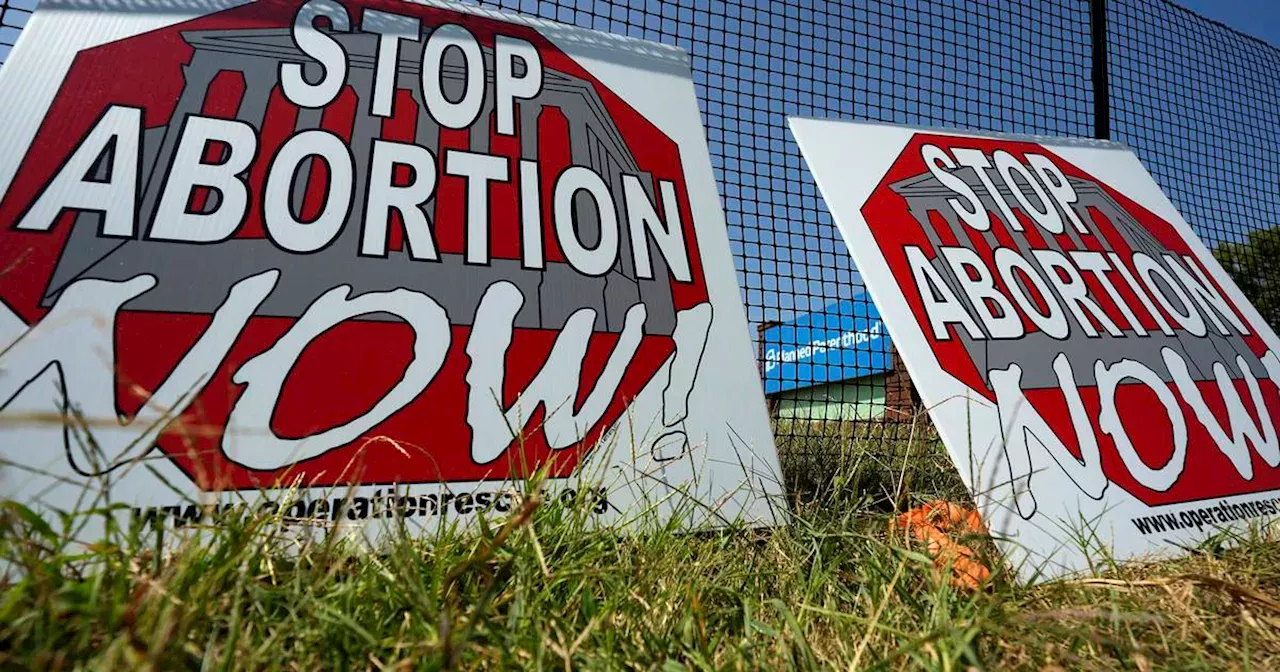You know you want it. You say you don’t but you do. You’re trying to be good.
You’re trying to cut down on that kind of thing. You’ve been on a detox. You need to look after yourself.

You’re not getting any younger. It’s no use, the Premier League is back. What is it about the Premier League that makes people feel like it’s bad for them? It feels like it’s in same category as social media and junk food, things we find irresistible despite what they might be doing to us.
Is the Premier League like a savoury platter at an office drinks party, piles of deep fried beige that you can’t stop eating until you feel bloated and woozy? No, it’s not that. The Premier League is good. There is too much of it, it never ends, even when it ends, and it barges everything else out of the way.
But you can’t question the quality, not anymore, not when all the best coaches in the world are there and many of the best players. If football leagues are your thing, this is a quality product. The very sight of it should not be bringing on a bout of indigestion.
It’s because of the Olympics, isn’t it? It happens every time. How many times have you had that conversation this week, implicitly or explicitly comparing what happened in Paris – what was accomplished, how it made us feel, what it represented – with what is rolling in on Friday night at Old Trafford like a tropical storm, powerful and destructive and impossible to avoid. It’s because we think the Olympics represents everything the Premier League is not.
It is short and sweet and explodes in a beautiful burst of colour and then is gone, leaving only Marty Morrissey conducting a valedictory sing-song on O’Connell Street. It does not span the calendar from the heat of August to the frenetic Christmas overkill to the early summer climax, barely stopping for breath before going again on its ridiculous global pre-season circus. Olympic athletes earn modest amounts, for the most part, and ply their trade in obscurity for most of the intervening four years, sparing us column inches of gossip from their agents about how they’re not happy about not getting regular first team action in the discus team.
They seem to be doing what they are doing as brilliantly as Premier League players do, but for the glory of the human spirit rather than serious material gain. Zoom out and the comparison holds. Simon Kuper of the Financial Times points out that after the two behemoths of the USA and China, the next 10 countries in the Olympic medal table were high-income democracies.
Only the runners of Kenya and the boxers of Uzbekistan stopped that extending to the top 20. Kuper correlates Olympic achievement with the healthy functioning of well-run societies. In effect, the Olympic medal table is an advertisement for the benefits of social democracy, where governments “are good at taking care of their inhabitants.
That includes providing people of all income levels with the opportunity to play sport”. The Premier League on the other hand, is less social democracy and more the unfettered expression of neo-liberal capitalism. The advent of profit and sustainability rules has put some manners on proceedings but in general, capital goes where it wants and not where it should.
Case study: Manchester United have just signed two players for £60m (€70.1m) but are planning to make 250 staff redundant and slash the budget of the women’s team. It would all put you in mind of the line from Oliver Stone’s Nixon movie, where the doomed president looks at a portrait of John F.
Kennedy and says “when they look at you, they see what they want to be. When they look at me, they see what they are.” The Olympics was an escape, a break from reality, a holiday romance.
What you had with Stavros felt real at the time but it could never last. Even by the end of the fortnight in Paris, you had begun to grow a little weary of the heightened emotion, the soaring rhetoric, the epic montage. Life can’t be like that all the time.
Had it gone on any longer you might secretly have yearned for the evening in late September when Bournemouth and Southampton will battle it out on Monday Night Football. The Premier League is marketed as glamorous and exciting but its success has become about how it is now the everyday, how it has inserted and knotted itself into our thoughts and deeds. Its return heralds normality, back-to-school, familiar rhythms, domestic bliss.
If the Olympics were the high summer feast, the Premier League is the frozen pizza bunged in the oven. Beyond the act of watching it, you will listen to the podcasts and tinker with your fantasy teams and absorb the gossip by osmosis. Pep Guardiola will mutter at you from the radio behind the counter when you are buying milk, Jamie Carragher will screech on your social media feed as you scroll bleary eyed in the morning, betting companies will thrust next goalscorer odds in your face and you will not have asked for it, it’ll just be there.
And just as we choose to ignore all the bad things about the Olympics – the drug cheats, the colossal waste of money, the jingoism – in order to bask in the glow of one aspirational fortnight, it’s easy to take for granted the good stuff about the Premier League: the hours of exhilarating entertainment, the reams of diverting nonsense, the way it marks out the weeks in the winter; reassuring, unrelenting, live! If it seems like there’s too much of it, that it’s everywhere, all the time, well, you could say the same about life. You need to get away from it all occasionally, but it’s always there waiting. And yes, it is high in dodgy VAR, confected pundit outrage, diving, immorally inflated salaries, managers blowing their gaskets, greedy owners, social media fan TV nutcases, financial rule breaches, holes cut in socks and dangerous, dangerous levels of Micah Richards, but it’s not really that bad for you.
In moderation, of course..



















